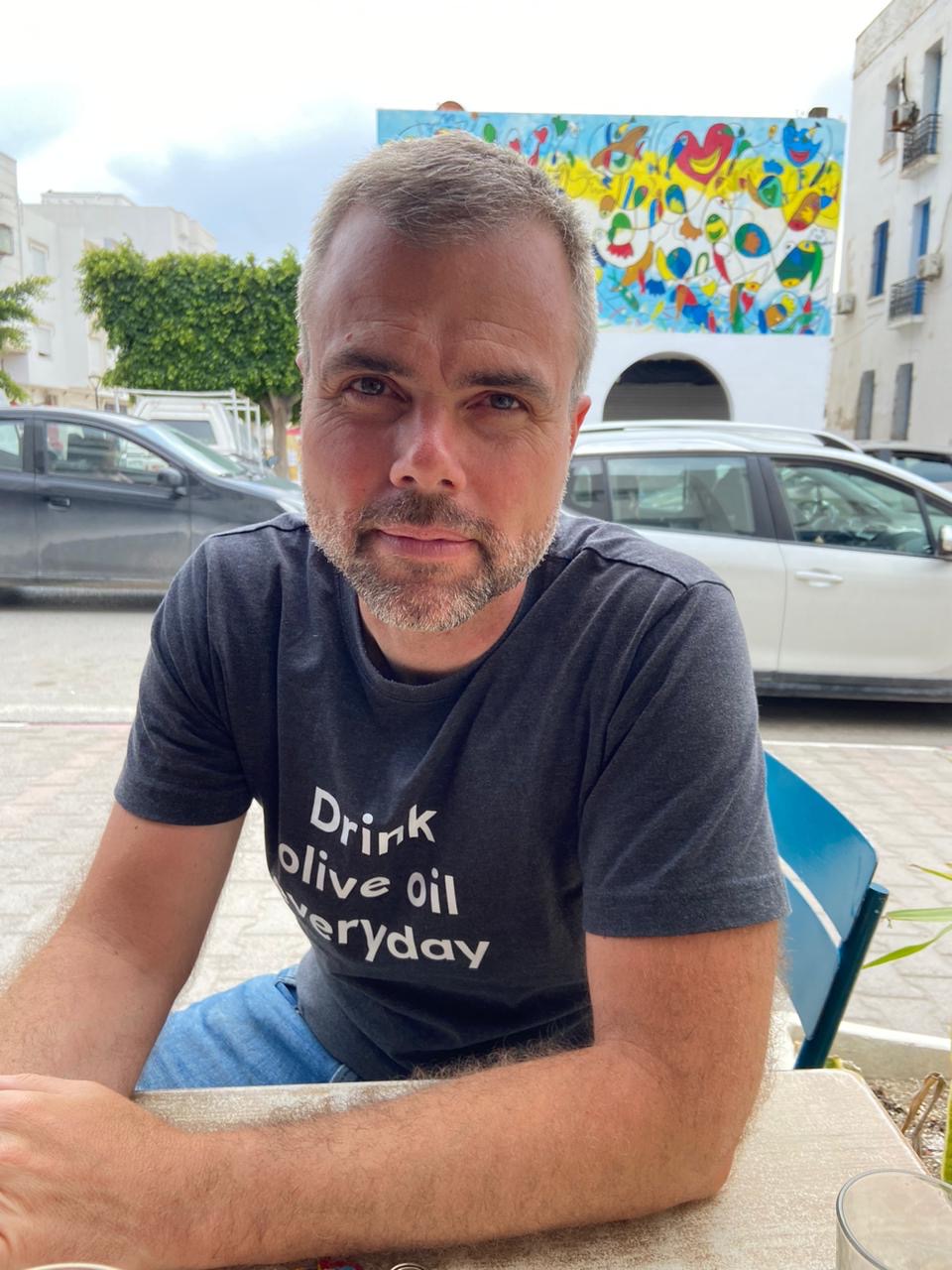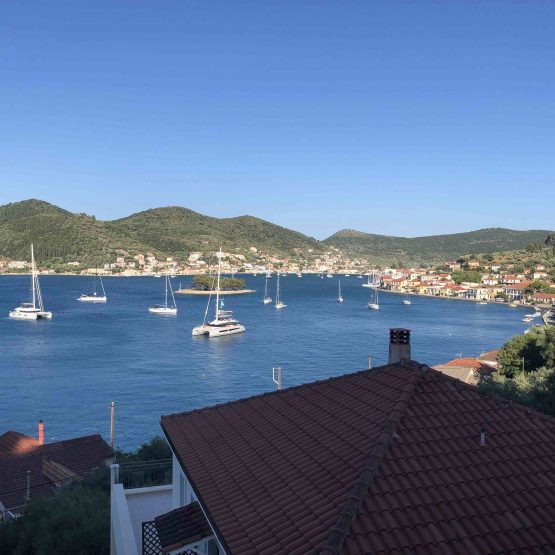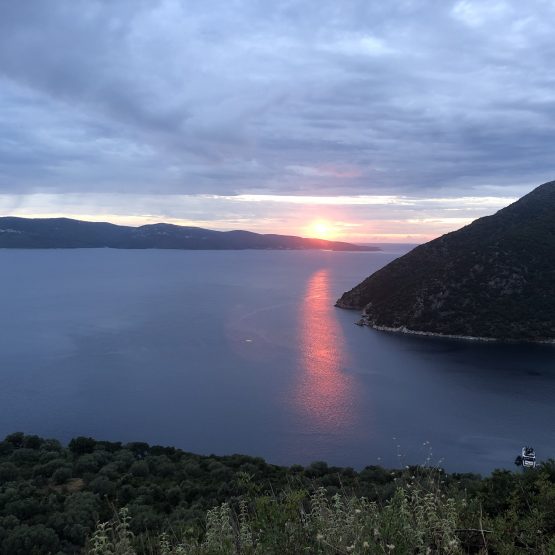In 2021, Andrew Schiestel left an executive position in Canada to follow his heart and voyage the Mediterranean Basin. In August 2021, he arrived (with his dog, Trevor) in Tunisia. On that visit he would live in Tunisia for 12 weeks, and afterwards, go on to live in, and explore, a total of 11 countries in the Mediterranean over a period of 23 consecutive months. In June of 2023, Andrew returned to Canada for six weeks, and in August, went back to the Mediterranean for a second, 9-month voyage.
The countries / territories visited during the two ‘21-24 voyages: (12) Tunisia, Morocco, Spain, Gibraltar, France, Malta, Italy, Montenegro, Greece, Türkiye, Lebanon & Egypt.
(During the entire first 23-month voyage, Andrew travelled with his dog, Trevor, visiting a total of 11 countries. Upon returning to Canada after the first voyage, at 18 years of age, Trevor would die naturally and peacefully in Andrew’s arms in Toronto)
From ’21-24 Andrew made several discoveries and started three important projects: During the first voyage, he created Ithaca Bound Languages, a project that is documenting all of the major languages and dialects of the Mediterranean. (Approximately 11,000 pages of translation content & recordings and over 50,000 statements are available); During the second voyage, he started EVOO, the social networking app for Extra Virgin Olive Oil. (EVOO is available on the Android and Apple stores) And he directed and co-edited a Tunisian Arabic dictionary (897 pages, hard cover) that will be published on October 28th, 2025.
Upon returning to Canada in June 2024, marking the completion of the second voyage of the Mediterranean, Ithaca Bound Imports was created, which is an importer & wholesaler of world-class and premium Extra Virgin Olive Oils.
Andrew also documents olive orchards at Documentingolives.com.



